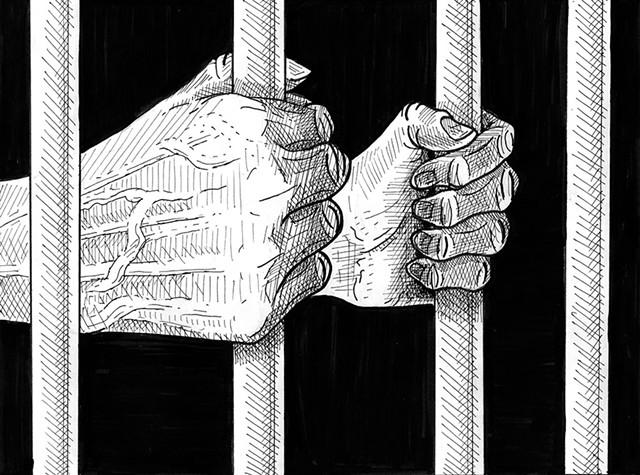(Heintz, 2020) Society perceives the justice system as a means of protecting the community from criminal elements. Punishments for people who break the law should undoubtedly be implemented in accordance with their deeds. The fact is that the current state of correctional institutions makes it impossible to fully correct people who have committed crimes. This is a good reason why the country needs to carry out reforms in this area in order to avoid negative consequences in the future.

One of the main problems associated with correctional institutions is the possibility of solitary confinement. This means that many people may be placed in small solitary confinement for quite long periods such as days or months and years (Western et al., 2022). The use of such practices can have significant negative consequences for the mental health of people serving sentences. Such consequences cannot help a person to realize the wrongness of his criminal actions in order to correct himself in the future.
Reform is a necessary measure that can correct the existing injustice, as the practice of solitary confinement is not effective. Reducing the level of recidivism is a complex process that requires the most attentive and individual approach to each prisoner from the correctional institution. However, at the moment, the correction system ensures that people who are incarcerated in solitary confinement are more prone to re-offending than others (Williams & Treffers, 2021). When a person is alone for a long time in a confined space, this can significantly damage motivation and also contribute to the emergence of a variety of psychological problems.
Correctional reform can go a long way in making it possible for prisoners to be educated to work outside of prison. Providing prisoners with vocational training and educational opportunities can be a significant step towards significantly reducing recidivism rates. This will be achieved due to the fact that people who have received education in prison will be able to better integrate into society and become its full members (González, 2021). Thus, already in places of deprivation, they will have the motivation to correct their behavior in such a way that later they will get a worthy place in society. In addition, former prisoners will also be able to bring significant benefits to society by being involved in jobs that require special knowledge. Poverty and crime can be significantly reduced by providing prisoners with communication skills and social behavior.
Many prisons suffer from a lack of resources and developed infrastructure to fully implement the proposed programs. As a result, prisoners often leave with few job prospects and limited opportunities to succeed. This can help ensure that people who have been convicted of crimes can begin to lead the same lifestyle after leaving prison (González, 2021). However, by expanding the prison funding program, society will be able to receive significant benefits as a result, as people who commit offenses will be corrected and reintegrated into normal life at large.
To solve the problems under consideration, society can begin to actively support the reform of the correctional system. Alternative forms of discipline other than solitary confinement can be implemented and can help inmates deal more effectively with criminal tendencies. In addition, the struggle to expand the opportunities for prisoners to receive education for better integration into society is also a vital aspect. Thus, by changing the system of correctional institutions, it will be possible to achieve the construction of a better social order and welfare. This information should help people understand that reform of the correctional system is necessary to establish a healthy society.
References
González, A. (2021). Science with and for society through qualitative inquiry. Qualitative Inquiry, 27(1), 10-16. Web.
Western, B., Simes, J. T., & Bradner, K. (2022). Solitary confinement and institutional harm. Incarceration, 3(1). Web.
Williams, J. W., & Treffers, S. (2021). Investing in crime prevention after the crisis: Social impact bonds, the value of (re) offending and the new ‘culture of crime control’. The British Journal of Criminology, 61(5), 1300-1315. Web.
Heintz, P. (2020). Justice served? Vermont considers corrections reform to shrink its prison population. Seven Days. Web.
